Question And Answer
Publications
Articles, publications, books, tools and multimedia features from the U.S. Institute of Peace provide the latest news, analysis, research findings, practitioner guides and reports, all related to the conflict zones and issues that are at the center of the Institute’s work to prevent and reduce violent conflict.
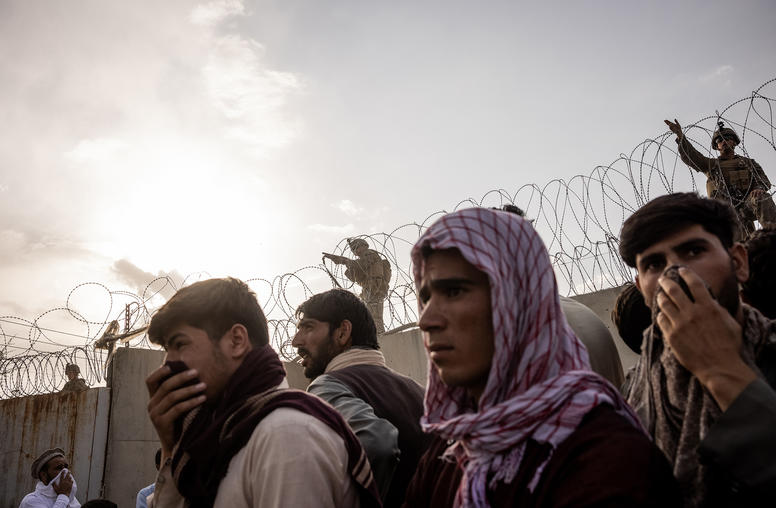
Key to Afghan Relief Efforts: Financial Engineering for Private Sector, Economy
The U.S. government needs to urgently prioritize saving Afghan lives, meeting basic human needs and stemming the free-fall of the Afghan economy. The unprecedented evacuation of some 100,000 people from Kabul airport in August demonstrated what clear objectives and a whole-hearted, government-wide focus can accomplish under the worst of conditions. While that scale of mobilization is not required now, a similar unity of effort and focus, this time on financial engineering, will be needed to deliver aid to the Afghan people and limit further economic damage in coming months.
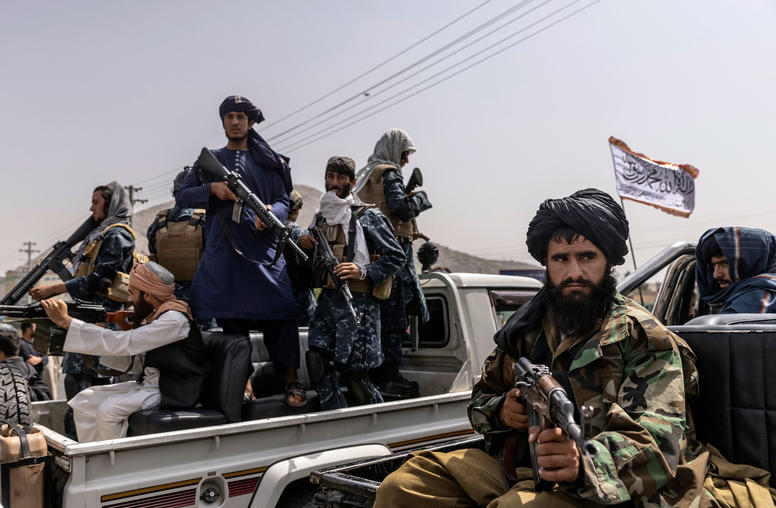
Winter is coming in Afghanistan. Are the Taliban ready?
Nearly three months after the Taliban’s rapid takeover, Afghanistan is descending toward one of the world’s worst humanitarian crises with an economy in freefall. As the harsh winter season looms, aid agencies have warned that over half the country’s population — a staggering 22.8 million people — will face acute food insecurity, including 3.2 million children under five. Now in power, the Taliban’s failure to deliver basic services is exacerbating this dire humanitarian situation. But immediate relief is a distant prospect as the Taliban deliberate on how to govern the country and the international community mulls over how to engage and pressure the fledgling government.

Scott Worden on Afghanistan’s Dire Humanitarian and Economic Crises
As Afghans face mass hunger and economic collapse, USIP’s Scott Worden says it remains to be seen how the Taliban will react to internal and external pressure to address these crises: “Will they respond … by adapting, by softening policies, by being more inclusive or will they have a crackdown?”
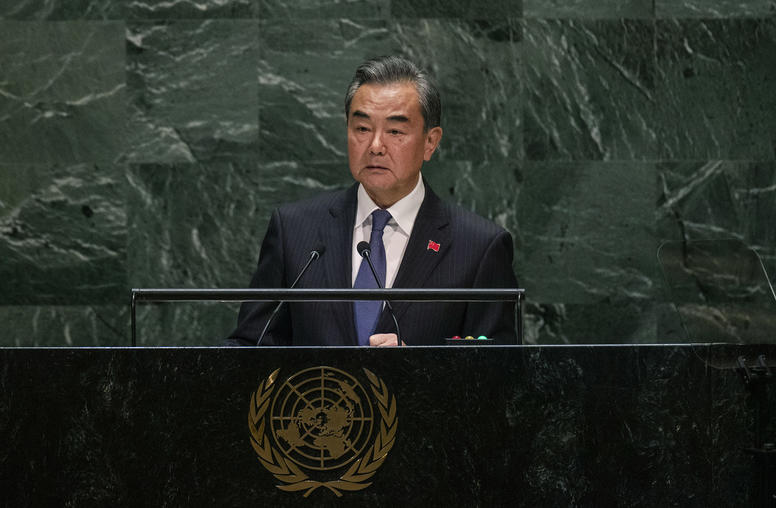
How China Responds to Instability on Its Periphery: Lessons from Afghanistan and Myanmar
China’s timid rhetoric and underwhelming actions vis-à-vis recent political upheaval in two different neighboring countries belie the image of a confident and assertive Beijing. What explains this apparent paradox? Despite the ruling Chinese Communist Party’s outward bravado, combined with unprecedented expansion of China’s regional and global activities and presence, Xi Jinping and his Politburo colleagues remain wary when it comes to taking risks abroad. Certainly, when China believes its interests are being directly attacked, such as in recent disputes with Australia and India, the state has opted for riskier, more aggressive moves. But where Beijing is not a direct party to the conflict, caution can override its willingness to take action that would show its hand or put China in a situation where it is not guaranteed to avoid a messy exit, à la the United States in Afghanistan.
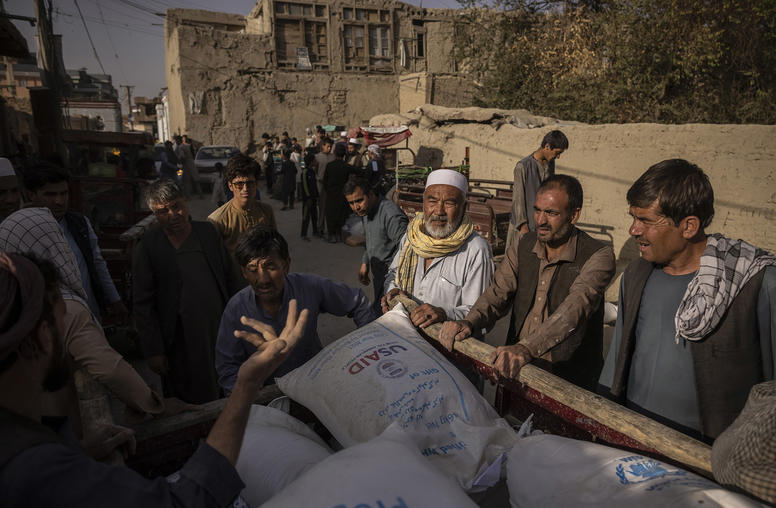
Afghanistan’s Economic and Humanitarian Crises Turn Dire
Two months after the Taliban took control of Afghanistan, the country is grappling with twin economic and humanitarian crises the response to which has been complicated by international aid cutoffs, the freezing of Afghanistan’s foreign exchange reserves and sanctions on the militants. USIP’s William Byrd discusses the implications of these crises and the challenges to alleviating them.
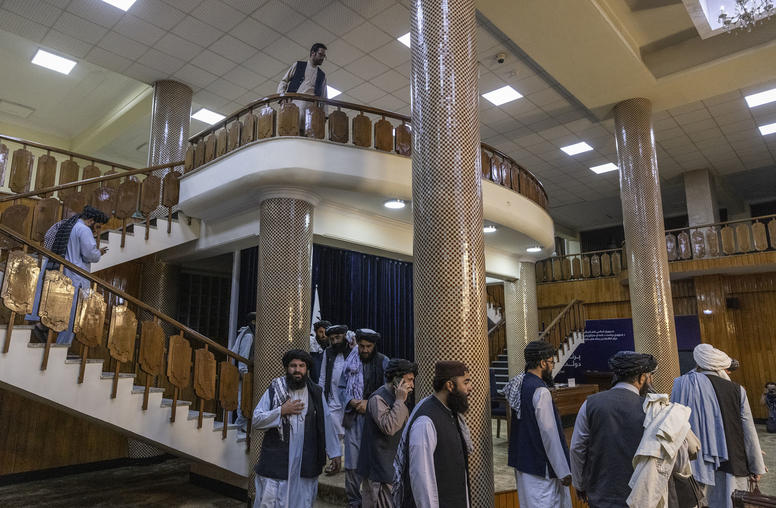
Taliban Seek Recognition, But Offer Few Concessions to International Concerns
Since taking power in August, the Taliban have repeatedly expressed the expectation that the international community will recognize their authority as the new government of Afghanistan and have taken several procedural steps to pursue recognition. But the group has done very little to demonstrate a willingness to meet the conditions put forward by Western powers and some regional states. USIP’s Andrew Watkins, Richard Olson, Asfandyar Mir and Kate Bateman assess the latest Taliban efforts to win international recognition, the position of Pakistan and other key regional players and options for U.S. policy to shape Taliban behavior and the engagement decisions of other international partners.
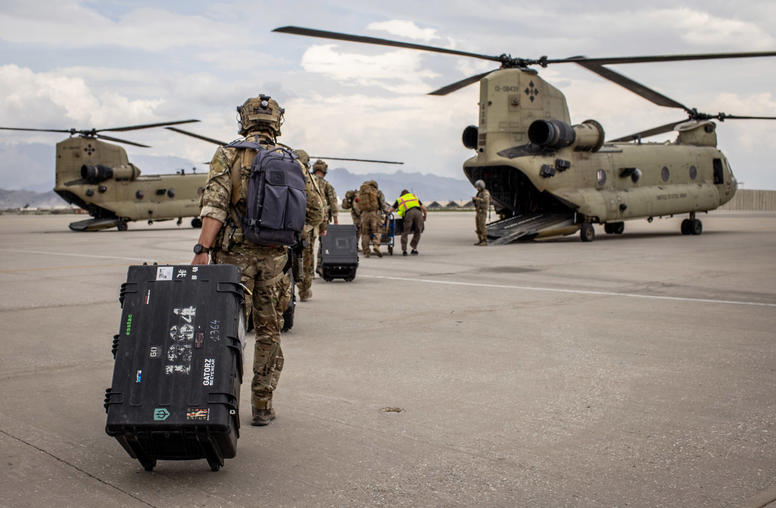
China and the U.S. Exit from Afghanistan: Not a Zero-Sum Outcome
It has become fashionable to characterize recent events in Afghanistan as a loss for the United States and a win for China. This zero-sum interpretation framed in the narrow context of U.S.-China relations is too simplistic and off the mark. The reality is far more complex and nuanced. The end of the U.S. military presence in Afghanistan and the collapse of that country’s pro-Western government do not automatically translate into significant Chinese gains, nor do they trigger a swift Beijing swoop to fill the vacuum in Kabul left by Washington.
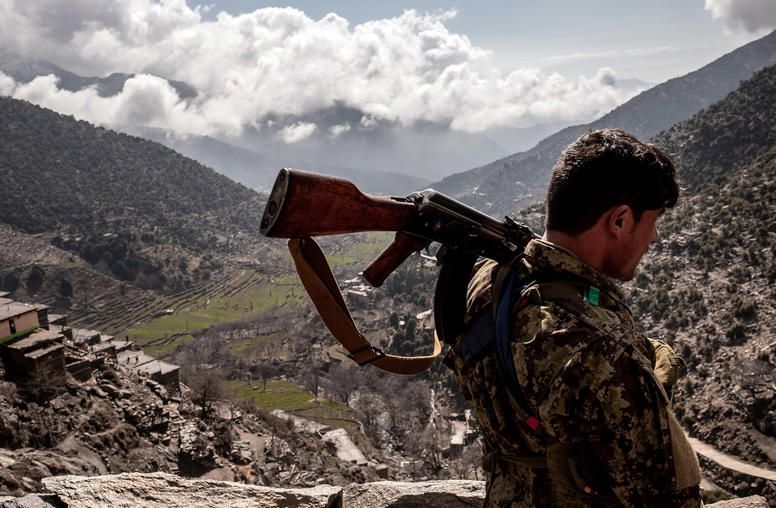
What Does IS-K’s Resurgence Mean for Afghanistan and Beyond?
Last month’s bombing outside the Kabul airport was a devastating sign of the Islamic State of Khorasan Province’s (IS-K) recent resurgence. The group had already launched 77 attacks in the first four months of 2021 — an increase from 21 in the same period last year. This renewed capacity for mass-casualty attacks could further destabilize Afghanistan’s already precarious security situation, leaving both the new Taliban government and the United States with a vested interest in mounting an effective campaign to undercut IS-K’s presence in the region.
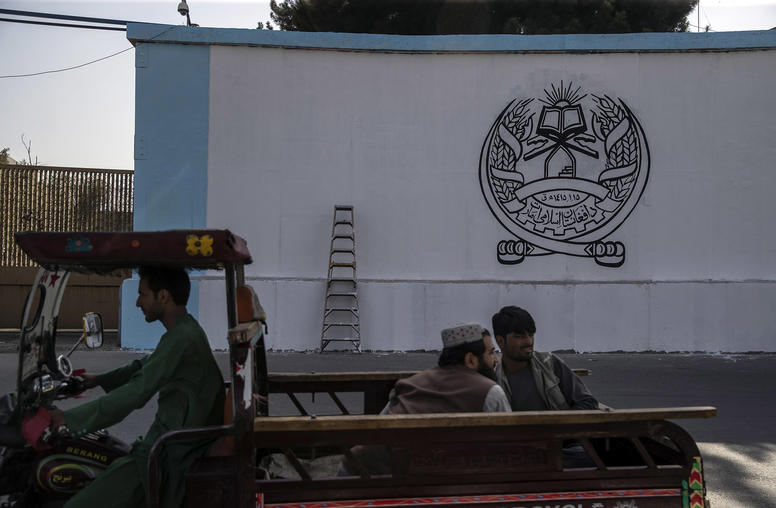
What Can the Taliban Learn From Past Afghan Conquests and Collapses?
The Taliban’s lightning conquest of Afghanistan caught many people by surprise, perhaps including the Taliban themselves. However, it is not the country’s first episode of an unexpectedly quick military victory and consequent rapid change in regime. Historical examples may provide relevant lessons for the victorious Taliban as they begin to govern the country, including pitfalls to be avoided in their own and the nation’s interest.

William Byrd on Afghanistan’s Economic Crisis
Amid the fallout from the Taliban’s sudden takeover, USIP’s William Byrd warns that Afghanistan’s economy faces a catastrophic outlook if action isn’t taken — adding that “the Afghan people and the economy have a lot farther to fall than they did the previous time the Taliban were in charge.”